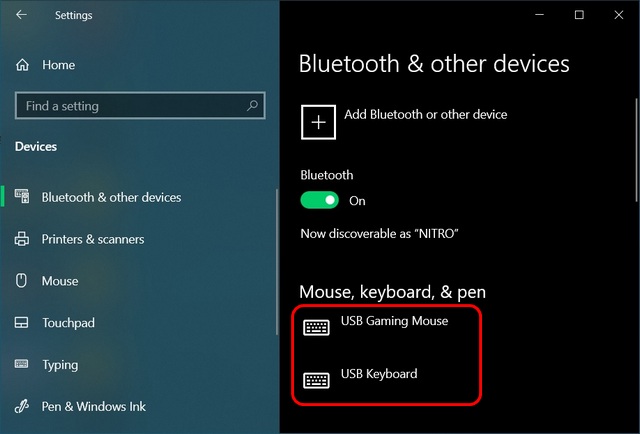


A small command in the Command Prompt can provide you a pool of information about your laptop battery. Since mobile devices have to rely hugely on their battery, hence knowing about the laptop battery is very important. Hsphfpd reports battery status (and other stuff) through DBus, so to get it from the command line, you can just do dbus-send -system -dest=org.hsphfpd -print-reply /org/hsphfpd/hci0/dev_XX_XX_XX_XX_XX_XX/hsp_hs .Get string: string:BatteryLevelīoth of these are available in the AUR, if you use Arch Linux.Battery is an important part of laptops. Even though these are both still prototypes, they seem to work very well. There is a version of PulseAudio patched to use hsphfpd. That way, PulseAudio and whatever can both use the headset at the same time. Hsphfpd is specification with some prototype implementation used for connectingīluetooth devices with HSP and HFP profiles on Linux operating system.īasically, since only one program can communicate with the headset at once and it wouldn't make sense to implement battery level reporting in an audio server, nor implement audio in a power management software, it moves that functionality to an external daemon. Only one program can open a socket to talk to the bluetooth device, so it ends up fighting with PulseAudio over it. If I understand the problem correctly, that happens because

I'd been using the Python program from clst's answer for some time and although it worked, it required me to connect, then disconnect and run it again. (This answer is specific to headphones/headsets)


 0 kommentar(er)
0 kommentar(er)
